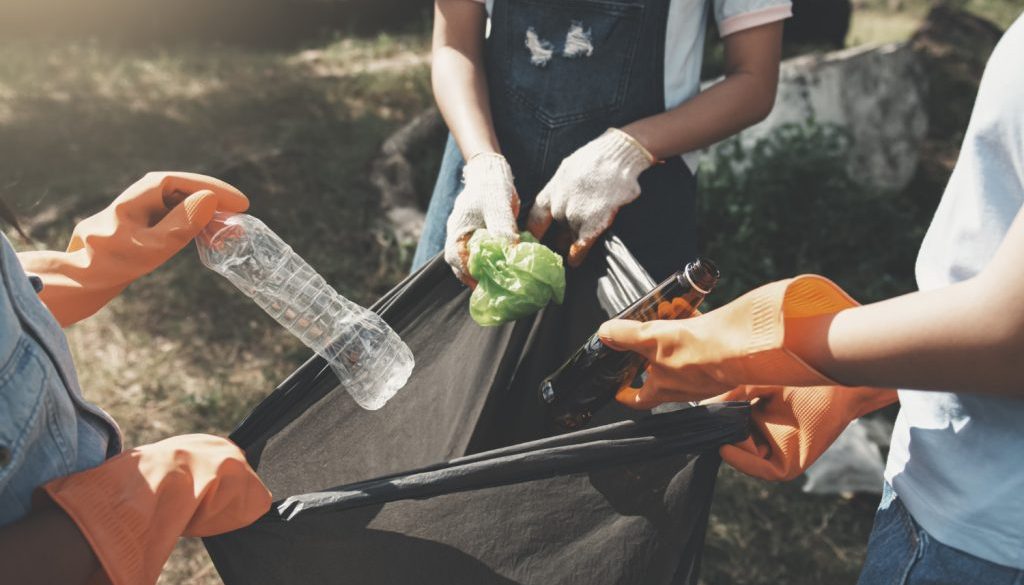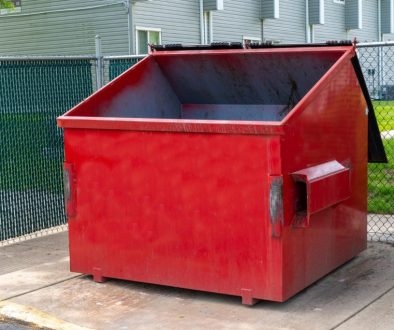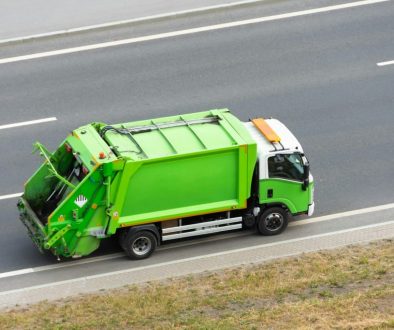Recycling rubbish effectively is crucial for protecting our environment and preserving resources. By adopting simple habits, everyone can make a significant impact in managing waste better. It begins with understanding how to sort rubbish correctly, which ensures recyclable materials are not mixed with general waste, thereby increasing recycling efficiency.
Moreover, creative reuse and upcycling are exciting avenues that not only reduce the amount of waste sent to landfill but also give items a new lease on life. These practices can be easily integrated into daily routines, offering both environmental and personal benefits.
Being part of community recycling programmes enhances these efforts, amplifying the positive effects through collective action. Additionally, proper handling of hazardous waste prevents harmful substances from damaging our ecosystem. Together, these straightforward actions lead to a cleaner, more sustainable future.
Understanding Rubbish Sorting Techniques
Sorting rubbish correctly from the start is crucial for efficient recycling. When you seperate waste at its origin, you improve recycling rates and minimise contamination. Keeping recyclable materials separate from general waste ensures they are processed correctly and not sent to a landfill.
Identifying what can be recycled is quite straightforward. Items like paper, cardboard, glass bottles, and certain plastics can typically be included in recycling. Check labels on packaging, as many products now have clear recycling symbols indicating their recyclability. Metal cans and tins also belong in your recycle heap, while food waste and non-recyclable plastics should stay apart.
Setting up an effective home recycling system makes sorting rubbish easier. Use different bins or boxes for different materials, placing them in a convenient spot like the kitchen or garage. Label each bin clearly so everyone in the household knows what goes where. Keeping these bins near where waste is generated helps maintain a tidy and efficient system.
Create a routine for taking recyclables to the correct collection points or ensuring they’re placed for collection service. Regular review of local council guidelines on recycling will also keep your system updated and compliant. Following these steps helps you contribute positively to waste management efforts in your community.
Creative Reuse and Upcycling Ideas
Reusing and upcycling provides exciting ways to reduce waste and turn old items into something new and useful. With a bit of creativity, everyday household objects can be repurposed, cutting down on waste and saving resources.
Here are some ideas for repurposing common items:
– Glass Jars: Use them as storage for grains, spices, or craft materials. They also make excellent candle holders or plant pots.
– Old Clothes: Transform them into cleaning rags, or if you’re handy with a needle, into quilts or new fashion pieces.
– Wooden Pallets: These can be turned into garden planters, furniture, or even decorative wall art.
– Plastic Containers: Cut and use them as plant pots or organisers for small items like screws and buttons.
Upcycling reduces waste by extending the life of materials. It also conserves energy and resources that would otherwise be needed to produce new items. Upcycling is often much more affordable than buying new, making it financially beneficial.
Simple DIY projects can kickstart your upcycling journey. Try making a bird feeder from a milk jug or creating decorative photo frames using old cardboard. Not only do these projects encourage reuse, but they also foster creativity and provide personal satisfaction. This approach not only benefits the environment but also lets you tailor items to your own taste.
Community Recycling Initiatives
Engaging in community recycling initiatives can greatly enhance the impact of individual efforts. Local recycling programmes benefit both the environment and the community by reducing waste, conserving resources, and promoting sustainability. These initiatives often make it easier for people to recycle by providing convenient locations and services.
Participating in community recycling can be simple. Start by looking into local council programmes that offer kerbside recycling or designated drop-off points. Many communities also organise special events, like electronics collection days and paper shredding events, where you can dispose of specific waste types responsibly.
Community-driven recycling can bring significant benefits. Towns and cities that prioritise recycling see a noticeable reduction in landfill use and enjoy cleaner local environments. Additionally, these programmes often foster a sense of community pride and cooperation, as residents work together towards a shared goal of sustainability.
Residents can further contribute by volunteering in local recycling groups or educational campaigns, spreading awareness about the importance of recycling. The collective effort of a community can lead to meaningful change, demonstrating that everyone’s participation makes a difference in creating a healthier planet.
Safe Disposal of Hazardous Waste
Properly disposing of hazardous waste is essential to preventing harm to both people and the environment. Hazardous materials like paints, batteries, and certain chemicals can cause significant damage if not handled correctly. Identifying these items in your household waste is crucial for safe disposal.
To safely dispose of hazardous waste, first identify products with caution labels like “toxic,” “corrosive,” or “flammable.” Never throw these items in your regular rubbish, as they can pose dangers when disposed of improperly.
Follow these steps for safe disposal:
1. Separate Hazardous Waste: Keep hazardous items separate from other waste types.
2. Use Proper Containers: Store them in sturdy, original containers, properly sealed and labelled.
3. Contact Local Services: Reach out to local waste management services for guidance on disposal options. Many areas offer special collection points or events for hazardous items.
Adhering to these guidelines protects your community and the wider environment from contamination and potential health risks. Proper disposal helps maintain clean water sources and safe soil, further supporting environmental health.
Conclusion
Effective waste recycling requires thoughtful practices, from careful sorting at home to engaging in community efforts. Upcycling and reusing items creatively minimises waste and contributes to sustainable living. Participation in local recycling initiatives amplifies these effects, promoting community solidarity and environmental care.
Dealing with hazardous waste responsibly prevents harm and supports a healthier ecosystem. These combined efforts showcase a comprehensive approach to waste management, demonstrating each person’s role in protecting our planet.
Visit Enviro Skip Hire today to learn how our tailored large skip hire services can assist you in managing your waste effectively. From proper sorting to safe disposal, we’re here to support your environmental goals and make recycling rubbish easier for you. Reinforce your commitment to the environment with our expert guidance and reliable services.




